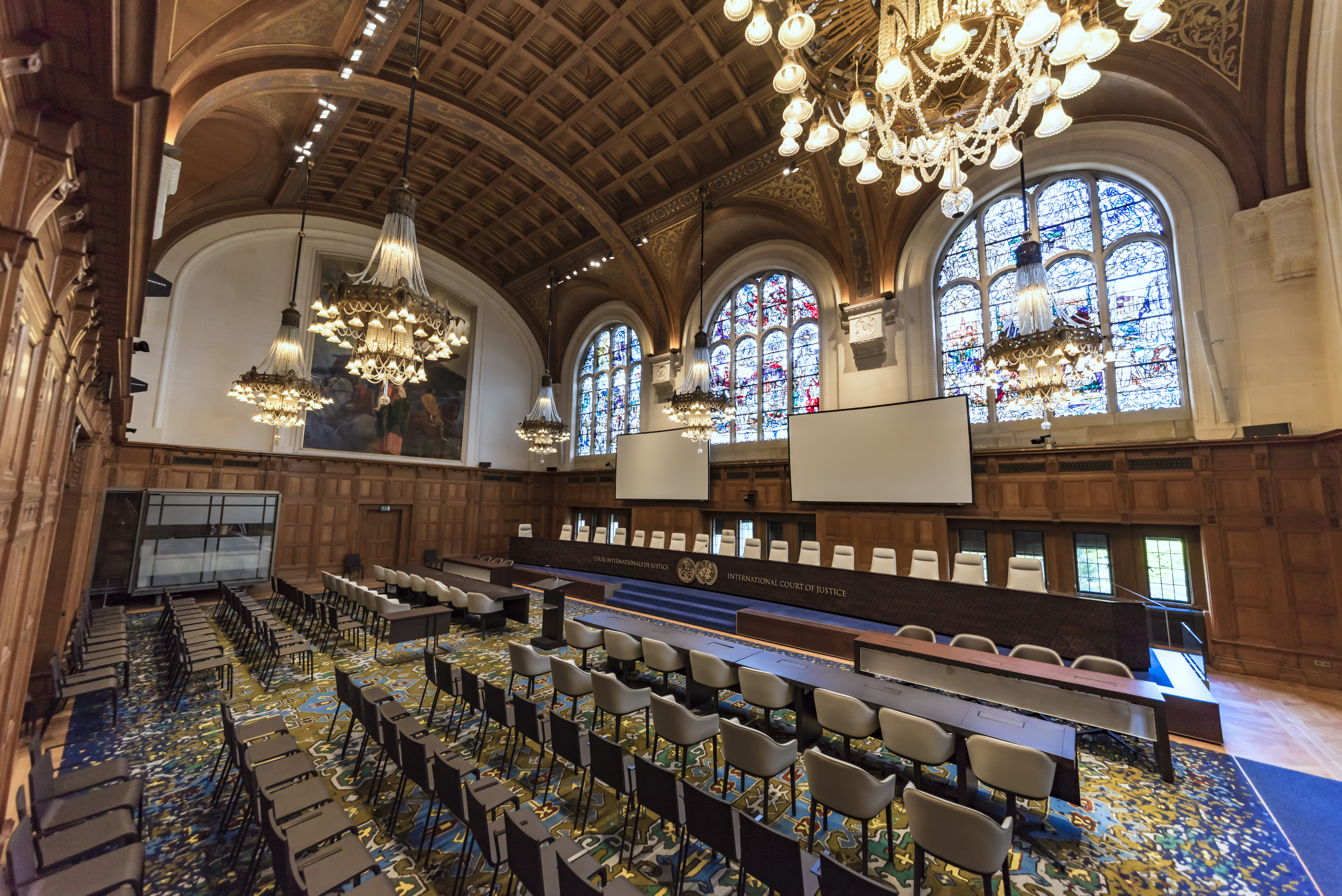
The International Court of Justice (Court) has delivered another ruling on the interpretation and application of Article 36 of the Vienna Convention on Consular Relations of 1963 (VCCR) and its optional protocol on the compulsory settlement of disputes (Optional Protocol). In a judgment dated 17 July 2019, the Court unanimously found it had jurisdiction to entertain an Application filed by the Republic of India (India) against the Islamic Republic of Pakistan (Pakistan) pursuant to Article I of the Optional Protocol. By 15 votes to one, the Court held that India’s application was admissible and, by the same margin, ruled in India’s favour on the merits.
[Read more]
The dispute concerned Pakistan’s arrest and detention in May 2016 of an individual named Mr Jadhav, on charges of espionage and terrorism. Three weeks following the detention, Pakistan informed India and permanent members of the UN Security Council of what had happened. India followed up with several requests for consular access to Mr Jadhav. Pakistan responded by conditioning consular access on Indian officials cooperating in a criminal investigation of Mr Jadhav, which India did not accept. Later, a Pakistani military court tried Mr Jadhav and sentenced him to death. When it instituted proceedings in May 2017, India requested the Court to indicate provisional measures, which the Court granted. In particular, the Court ordered Pakistan to suspend the execution of Mr Jadhav until the Court had rendered its final judgment.
On the merits, the Court found that Pakistan had breached Article 36(1)(b) of the VCCR by not informing Mr Jadhav without delay of his rights. Pakistan also breached the provision by failing to notify without delay the appropriate consular post of India located in Pakistan on Mr Jadhav’s detention, which, the Court ruled, had deprived India of the right to render Mr Jadhav the assistance provided for in the VCCR. The Court further found that Pakistan had breached Article 36(1)(a) and (c) of the VCCR by depriving India of the right to communicate with, and have access to, Mr Jadhav to visit him in detention and arrange for his legal representation. Accordingly, the Court ruled that Pakistan was obliged to inform Mr Jadhav without further delay of his rights, as well as provide Indian consular officers access to Mr Jadhav, in accordance with Article 36 of the VCCR.
As regards remedies, the Court found that Pakistan was obliged to provide, by the means of its own choosing, an effective review and reconsideration of Mr Jadhav’s conviction and sentence, while ensuring that full weight is given to the effect of the violation of the rights under Article 36 of the VCCR. Finally, the Court declared that a continued stay of execution constituted an indispensable condition for an effective review and reconsideration of Mr Jadhav’s conviction and sentence.
Judge Cançado Trindade appended a separate opinion to the Court’s judgment; Judges Sebutinde, Robinson and Iwasawa appended individual declarations; and Judge ad hoc Jillani appended a dissenting opinion.
For the Court’s judgment, click here.
